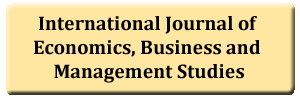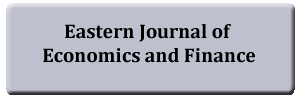Trends in Illicit Drug Trafficking in Nigeria: Highlighting the Imperative of Raising the Red Flag
DOI:
https://doi.org/10.20448/801.41.25.37Keywords:
Trends, Illicit drug, Cannabis, Cocaine, Heroin trade, Red flag.Abstract
Drug trafficking has assumed a frightening dimension and poses a serious threat to human and national security. One of the major challenge facing Nigeria as a country is the problem of illicit drug trafficking and consumption. Hard drugs such as cannabis, cocaine, heroin, amphetamine, ephedrine, and psychotropic substances, though mostly produced outside the country are on high demand and abused by people of different class, religious and cultural background. In drug trafficking, some fundamental forces romance each other in ensuring the success or otherwise of this organised criminal activity. These include the routes, mode of concealment, the medium of transportation and deception technique. Others include drug barons, merchants, traffickers, agents, distributors, couriers, and peddlers. The joint and shared efforts of members of these syndicates determine the fate of the illicit drug commerce. Available records of arrest with the Nigeria Drug Law Enforcement Agency (NDLEA) indicate that there has been an exponential and steady increase in the number of persons arrested for drug trafficking-related offences. From four hundred and sixty-four (464) drug traffickers arrested in 1990, the statistics stood at eight thousand, eight hundred and twenty-six (8,826) arrest in 2014. The statistics further revealed that between 2000 and 2014, a total number of eighty-six thousand, three hundred and fourteen (86,314) persons were arrested for drug trafficking-related offences. In light of the above, this paper examined the trends in illicit drug trafficking in Nigeria, highlighting the need to raise the red flag. The paper recommends that strong laws, good governance, and political will are fundamental in checking the problem of illicit drug trafficking in Nigeria. In addition, Nigeria Law Enforcement Agency should focus on adequate intelligence gathering that will aid them in designing efficient ways of achieving a drug-free society.




